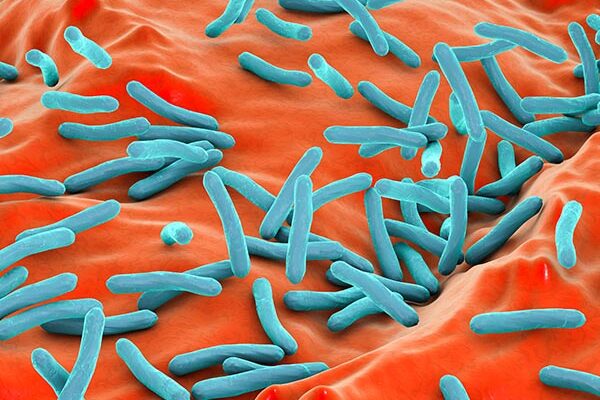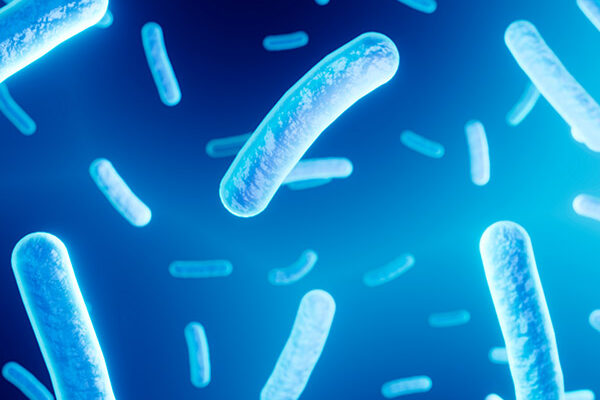A nutritional analytics platform that harnesses networked Artificial Intelligence and omics data to identify how dietary biomolecules and phytochemically rich “Hyperfoods” can help to prevent or fight diseases such as cancer or COVID-19. The analysis underpins the design of next-generation precision nutrition strategies to identify and encourage healthier eating.
Proposed use
- Discovery of food biomolecules with disease preventative or therapeutic potential by combining AI technology and molecular network data
- Enrichment analysis of phytochemically rich “Hyperfoods” – everyday foods enhanced by combination of biomolecules with predicted anti-cancer and anti-COVID-19 properties
Problem addressed
The world is experiencing an unsustainable healthcare and economic burden from chronic conditions such as cancer, heart disorders, neurological and emerging coronavirus diseases. A key contributing factor is poor dietary choices; studies suggest that unhealthy diets are responsible for a fifth of deaths globally and it’s estimated that almost half of all cancers could be prevented by good dietary and lifestyle choices. Over 2 million people in the UK alone are suffering physical and psychological long-term effects after having Covid-19. The effects lasting for at least 12 weeks are known as “long COVID”. There is not currently an effective intervention to resolve long COVID.
The human diet is rich with molecules that have been shown to play a role in both the prevention and treatment of various diseases, by interacting with drugs, or by acting as “medicines” themselves.
At present, the landscape of potential bioactive molecules in food is unimaginably vast. Investigating the influence of a single food component on any disease takes months to years of experimental research. Using these experimental methods alone would be like taking a bike to explore the galaxy – we’ll never get there.
Technology overview
The “Hyperfoods” technology takes a radically different approach by harnessing the power of network AI, huge volumes of biomolecular data and super-computing to identify unique properties of food biomolecules against development of diseases such as cancer or COVID-19. It explores the “dark matter” of nutrition beyond the traditional analysis of five major nutrition categories (proteins, fats, carbohydrates, vitamins, and minerals).
- A database with 7K+ food biomolecules, a human genome network of 20K+ proteins with 10M+ gene/protein-gene/protein connections and relevant drug database for training the AI/machine-learning models
- Identified 52 food biomolecules that target the SARS-CoV-2-host protein-protein interactome networks
- Analysed that everyday foods may be enhanced by identified biomolecules with predicted anti-COVID-19 properties. Findings suggest that certain plant-based foods (such as blackcurrants, blueberries, apples, oranges) are most enriched in terms of diversity and abundance of these molecules.
- Identified 110 food biomolecules that target molecular networks of cancer
- The analyses were performed using a mobile supercomputing platform
Intellectual property information
US Patent Application (Number: 17/622179)
GB Patent Application (Number: 2118503.8)
Inventor information
Dr Kirill Veselkov, Lecturer, Department of Surgery & Cancer
Professor Michael Bronstein, Visiting Professor, Department of Computing






